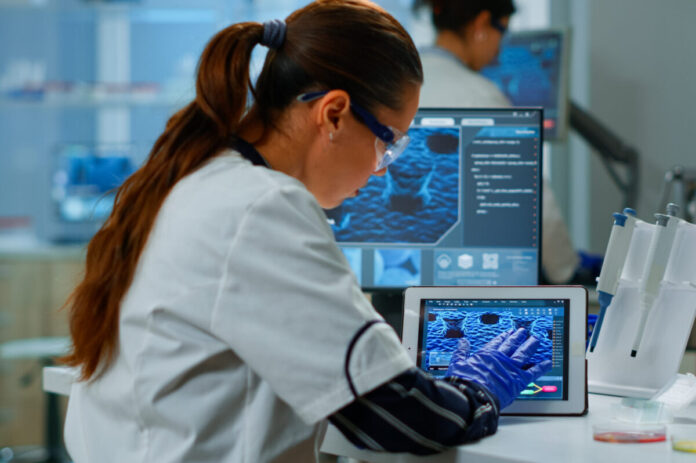The pandemic has brought back to general attention the role of the pharma industry, which appeared as one of the few businesses to have supplied quickly and with great efficiency. This has been made possible, on a global level, by an extremely developed entrepreneurial, research, surveillance and production network.
Social commitment
It also happened in Italy, where the sector, which is a driving force for economic development, has been able to respond widely to the needs posed by the pandemic situation. This increased awareness of the role naturally also brings with it an increased social responsibility, which the pharmaceutical industry – like all industrial activities – must be ready to assume and even anticipate in many of its forms.
Aspects relating to ethical responsibility – internal to the company and towards the supply chain and stakeholders – are beginning to be implemented in concrete and measurable actions in some industrial realities (think for example of B-corp qualifications and benefit companies).
Aspects relating to environmental sustainability are well present in the agenda of those taking part in development activities, and the issues relating to emission control, carbon saving and the circular economy were touched upon and developed during the annual Farmindustria assembly, last December.
Industry 4.0
However, these actions must reasonably find a minimum common denominator within a frame of development and global reorganization. The implementation of development models in the business world, including the pharmaceutical one, follows the indications of Industry 4.0 and the smart factory. Smart factories will have a digital footprint, on the basis of which not only the innovative vision will be measured, but a concrete and already evident competitive advantage.
The Italian pharmaceutical world, with an annual production value that exceeds 30 billion euros, certainly cannot exempt itself from this challenge, with the consideration that digitalization, as an enabling technology, does not only concern the aspects of logistics, personnel management and of the blockchain, but directly intervenes in the core business of companies.
Artificial intelligence
One aspect on which a competitive system cannot be left behind concerns the use of Artificial Intelligence (AI) or deep learning.
These terms, when referring to the pharmaceutical world, are generally associated with a series of techniques and approaches – now well established and widely used – used in the discovery phase, for example to predict the structure of the biological target, screen libraries and so on. saying.
But this is a serious misunderstanding of the real power of AI, which is fundamentally based on the ability to extract latent information in extremely complex data patterns. And the pharmaceutical industry is heavily involved in processes that require these skills. Just think, for example, of the management of clinical trial data and the stratification of subpopulations for personalized and individual medicine approaches.
Or, perhaps even more importantly, to the management of post-marketing pharmacovigilance, an activity in which the extraction of information from a very complex noise is fundamental and, above all, concerns not only the companies directly involved in the processes of discovery and development, but also all generic marketing authorization holders, to whom pharmacovigilance is delegated.
Augmented reality
Another aspect on which it will be necessary to propose entry and modernization strategies in a short time is that of augmented reality.
Augmented reality techniques will become a competitive element of discrimination for any manufacturing company, and in the pharmaceutical field they will have the potential to impact productivity from the discovery phase to post-sales marketing or medical-scientific information.
Augmented reality, a technological asset borrowed, for example, from electronic games, makes it possible to demonstrate the characteristics of a new product, to simulate the progression of a disease and the ability to intervene in a therapy. But it can also play a key role in the process and production.
Process quality is a value that belongs to any manufacturing company but is particularly challenging in the pharmaceutical sector due to the strict regulatory requirements. Engineering progress in plant design, formulation, filling, etc. it has increased the productivity and reproducibility of batches, but at the same time almost eliminated the operator’s tolerance for errors.
Standard operating procedure
The SOPs (standard operating procedures) – often still on paper – represent a basic but probably insufficient tool for on-job training of the operator and then for control during operations.
The list of opportunities created by a rapid digital transition and deep learning is long (just think of 3D printing for example). However, it is essential that the transition is accompanied by the engagement of all the stakeholders that gravitate around the world of drugs, from companies to trainers, doctors and patients.
And a role, in the digital challenges for pharmaceuticals, will also be played by scientific publishers, who are assigned the task of contributing to this dissemination, also using the tools and methods that are intended to disseminate.
Related articles:


